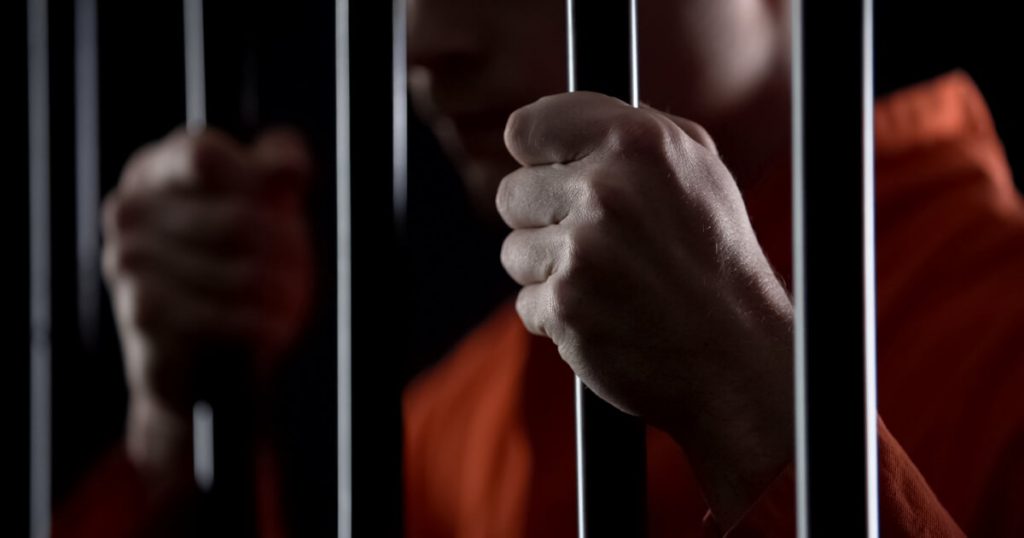
Forgery is one of those crimes that has been around for centuries. For as long as we have been relying on written documents, people have been creating forgeries of those documents. With the advent of the internet, forgeries have become more common and more sophisticated. In response, recent changes to Illinois law make it easier for the State to prove the crime of forgery. If you have been accused of forgery in Illinois, it is in your best interest to know what you are facing if convicted. Toward that end, a Chicago criminal defense attorney explains the crime of forgery, including the potential punishment if convicted, in Illinois.
How Is Forgery Defined in Illinois?
In the State of Illinois, the crime of forgery is governed by 720 ILCS 5/17-3. According to that statute, forgery occurs when someone:
- With the intent to defraud does one of the following:
- Makes a false document or alters a document OR
- Issues or delivers (or possesses with the intent to deliver) a false document, knowing it is false OR
- Unlawfully uses the digital signature of another OR
- Unlawfully uses the signature device of another to create an electronic signature of that person.
AND the document is capable by its appearance of defrauding another
 What Is Digital Forgery?
What Is Digital Forgery?
Digital forgery is defined as “falsely altering digital contents such as pictures, images, documents, and music with the intent to defraud.” In layman’s terms, we often say that a photo has been “doctored.” Digital forgery, however, also applies when someone digitally alters a signature or electronically manipulates a document. In the 21st Century, technology has made it relatively easy for even a novice to digitally alter images and documents.
What Are the Penalties for Forgery If Convicted?
Under Illinois law, forgery is usually charged as a Class 3 felony; however, it is reduced to a Class 4 felony if the forgery involves a Universal Price Code Label and to a Class A misdemeanor when an academic degree or a coin are forged. If convicted of a Class 3 felony, you face a term of imprisonment of two to five years and/or up to a $25,000 fine. If convicted of a Class 4 felony, you face one to three years in prison and/or a fine of up to $25,000 while a Class A misdemeanor carries up to one year in jail and/or a fine of up to $2,500. Alternatively, you could be sentenced to up to 30 months of probation or conditional discharge for conviction of a Class 3 or 4 felony or up to 24 months of probation or conditional discharge for a Class A misdemeanor.
What Is the Illinois Forgery Statute of Limitations?
Most crimes have a statute of limitations which limits the timeframe that the State of Illinois has to initiate the prosecution of a case. Forgery, however, is one of a handful of criminal offenses that do not have a statute of limitations, meaning the State can bring charges for forgery many years after the crime actually occurred.
Contact a Chicago Criminal Defense Attorney Today
If you have been charged with forgery in the State of Illinois, it is imperative that you take the charges seriously and that you mount an aggressive defense. As the accused, you have a number of important rights; however, you need an experienced criminal defense attorney to ensure that those rights are protected and exercised when necessary. Contact an experienced Chicago criminal defense attorney at Mitchell S. Sexner & Associates LLC today by calling (312) 644-0444 or by filling out our online contact form.
This blog is available for informational purposes only and is not considered legal advice on any subject matter. The blog should not be used as a substitute for legal advice from a licensed professional attorney, and readers are urged to consult their own legal counsel on specific legal questions.


 What Is Digital Forgery?
What Is Digital Forgery?